Dexter Gordon - The Resurgence of Dexter Gordon: From Los Angeles to New York. Doin' Allright / Dexter Callin' (1960/2020)
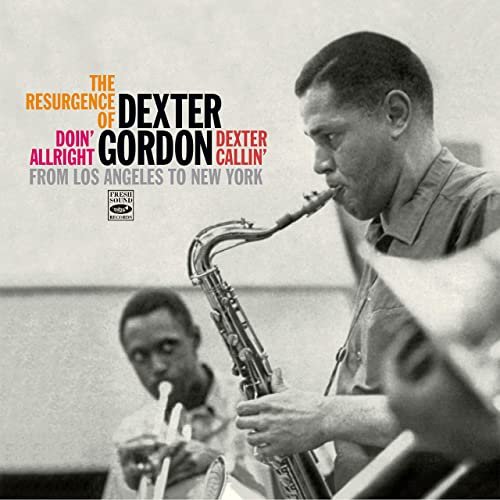
Artist: Dexter Gordon
Title: The Resurgence of Dexter Gordon: From Los Angeles to New York. Doin' Allright / Dexter Callin'
Year Of Release: 1960/2020
Label: Fresh Sound Records
Genre: Jazz
Quality: 320 kbps | FLAC (tracks)
Total Time: 02:09:49
Total Size: 301 mb | 859 mb
WebSite: Album Preview
Tracklist:Title: The Resurgence of Dexter Gordon: From Los Angeles to New York. Doin' Allright / Dexter Callin'
Year Of Release: 1960/2020
Label: Fresh Sound Records
Genre: Jazz
Quality: 320 kbps | FLAC (tracks)
Total Time: 02:09:49
Total Size: 301 mb | 859 mb
WebSite: Album Preview
CD1
01 - Dexter Gordon - Home Run
02 - Dexter Gordon - Dolo
03 - Dexter Gordon - Lovely Lisa
04 - Dexter Gordon - Affair in Havana
05 - Dexter Gordon - Jodi
06 - Dexter Gordon - Field Day
07 - Dexter Gordon - I Was Doing All Right
08 - Dexter Gordon - You’ve Changed
09 - Dexter Gordon - For Regulars Only
CD2
01 - Dexter Gordon - Society Red
02 - Dexter Gordon - It’s You or No One
03 - Dexter Gordon - I Want More
04 - Dexter Gordon - Soul Sister
05 - Dexter Gordon - Modal Mood
06 - Dexter Gordon - I Want More (2)
07 - Dexter Gordon - End of a Love Affair
08 - Dexter Gordon - Clear the Dex
09 - Dexter Gordon - Ernie’s Tune
10 - Dexter Gordon - Smile
11 - Dexter Gordon - Landslide
Personnel:
Dexter Gordon (ts)
Martin Banks, Freddie Hubbard (tp)
Richard Boone (tb)
Dolo Coker, Horace Parlan, Kenny Drew (p)
Charles Green, George Tucker, Paul Chambers (b)
Lawrence Marable, Al Harewood, Philly Joe Jones (d)
Dexter Gordon, a native Californian born in Los Angeles in 1923, became a virtual fixture and a familiar figure on the hectic New York jazz scene of the Forties. He was the first to develop a bebop style on tenor saxophone, with a big tough masculine sound borrowed from Hawkins and Young, but essentially his own. In 1950, having barely scratched a reputation on the East Coast, he returned to Los Angeles, the city he considered his natural place.
The consolidation of the West Coast-style in the early fifties, along with the personal problems that keep him in and out of jail, relegated the vigorous voice of Dexter Gordon to relative obscurity. Although he tried to straighten out, it “took many years to work it out and to come to myself.”
He was waiting for a moment when people were interested in him again, and it came from the hand of Cannonball Adderley, who recommended him to Jazzland Records after hearing him play. So five years after his previous album, Dexter was stepping in a recording studio once again, to show how much the artist had progressed during his years of semi-retirement. Reunited under the title of “The Resurgence of Dexter Gordon”, the six tracks that marked this comeback were recorded on October 13, 1960.
In May 1961, Dexter returned to New York at the invitation of Alfred Lion to record two albums for Blue Note, “Doin’ Allright” and “Dexter Calling,” which confirmed, and even reinforced, the excellent impression produced by his return effort in 1960.
This trilogy of albums documents Dexter's resurgence in a moment when the changing development of jazz caused a return to a climate in which his outstanding, confident style could be properly appreciated. Dexter Gordon returned to full-fledged activity and deeply impressed all who heard his revitalized work, in person or on records.
The consolidation of the West Coast-style in the early fifties, along with the personal problems that keep him in and out of jail, relegated the vigorous voice of Dexter Gordon to relative obscurity. Although he tried to straighten out, it “took many years to work it out and to come to myself.”
He was waiting for a moment when people were interested in him again, and it came from the hand of Cannonball Adderley, who recommended him to Jazzland Records after hearing him play. So five years after his previous album, Dexter was stepping in a recording studio once again, to show how much the artist had progressed during his years of semi-retirement. Reunited under the title of “The Resurgence of Dexter Gordon”, the six tracks that marked this comeback were recorded on October 13, 1960.
In May 1961, Dexter returned to New York at the invitation of Alfred Lion to record two albums for Blue Note, “Doin’ Allright” and “Dexter Calling,” which confirmed, and even reinforced, the excellent impression produced by his return effort in 1960.
This trilogy of albums documents Dexter's resurgence in a moment when the changing development of jazz caused a return to a climate in which his outstanding, confident style could be properly appreciated. Dexter Gordon returned to full-fledged activity and deeply impressed all who heard his revitalized work, in person or on records.
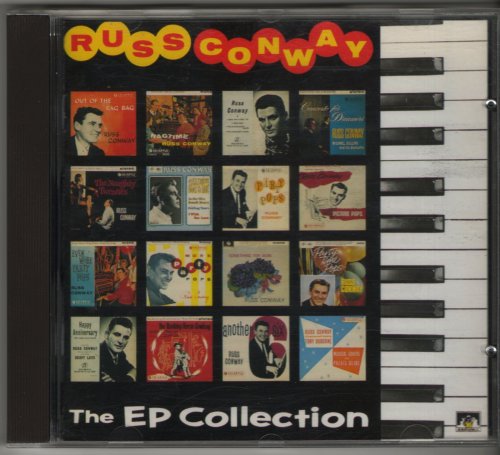
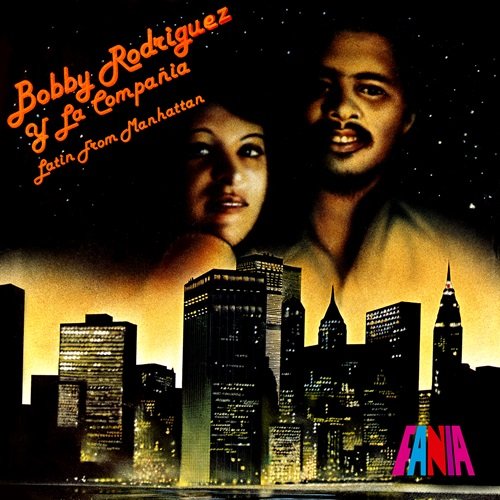
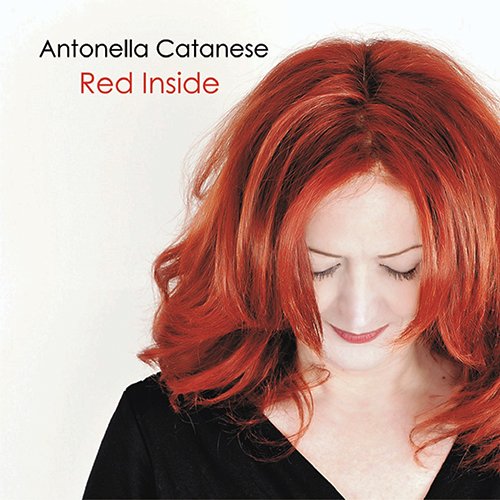
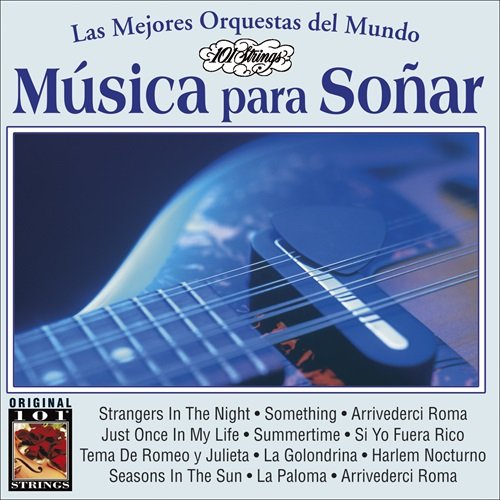
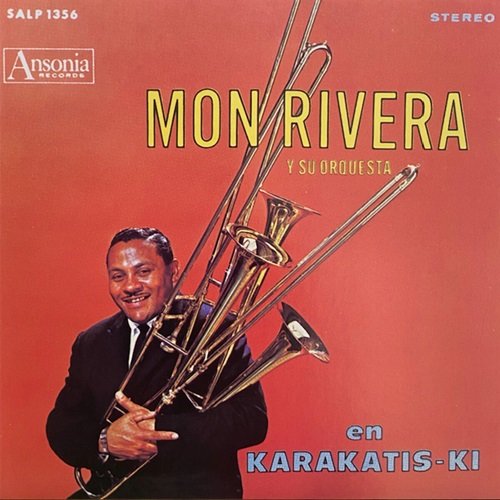
![Ex Novo Ensemble - Claudio Ambrosini: Chamber Music (2020) [Hi-Res] Ex Novo Ensemble - Claudio Ambrosini: Chamber Music (2020) [Hi-Res]](https://img.israbox.com/img/2026-02/22/z541qb9ul4q390uxlw1d9iak3.jpg)

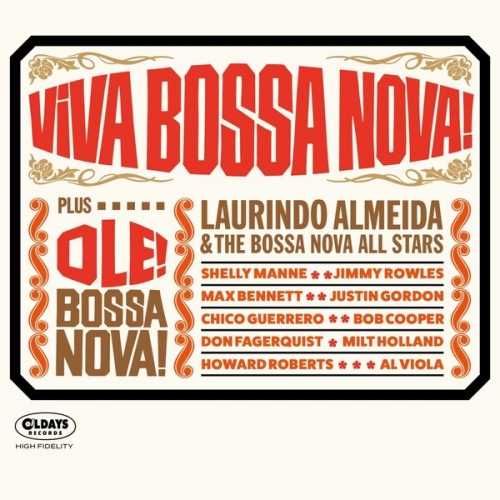
![VA - 20 Years Into An Infinite Musical Journey (2025) [SACD] VA - 20 Years Into An Infinite Musical Journey (2025) [SACD]](https://www.dibpic.com/uploads/posts/2026-02/1771834929_ff.jpg)